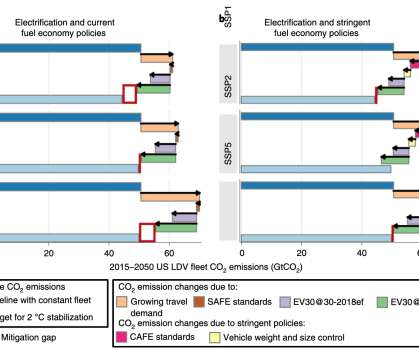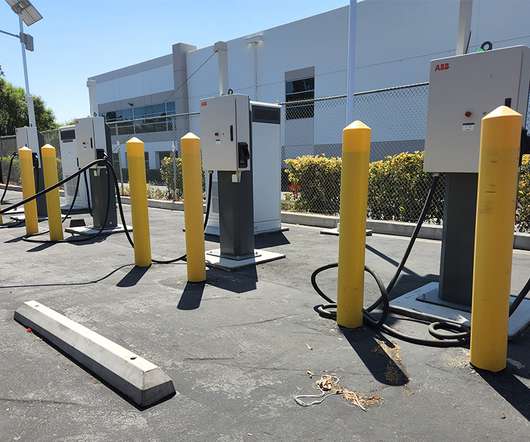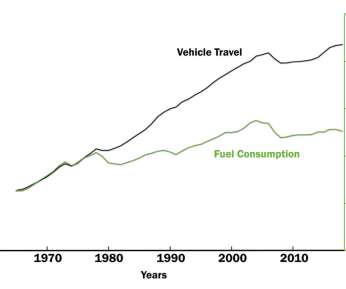CMU study highlights lower-cost design path to fuel economy compliance: acceleration trade-off
Green Car Congress
SEPTEMBER 7, 2017
A team at Carnegie Mellon University has found that engineering design modifications that compromise other performance attributes—specifically acceleration—offer a pathway to reduce the cost to automakers of compliance with fuel economy standards. —Whitefoot et al.
































Let's personalize your content